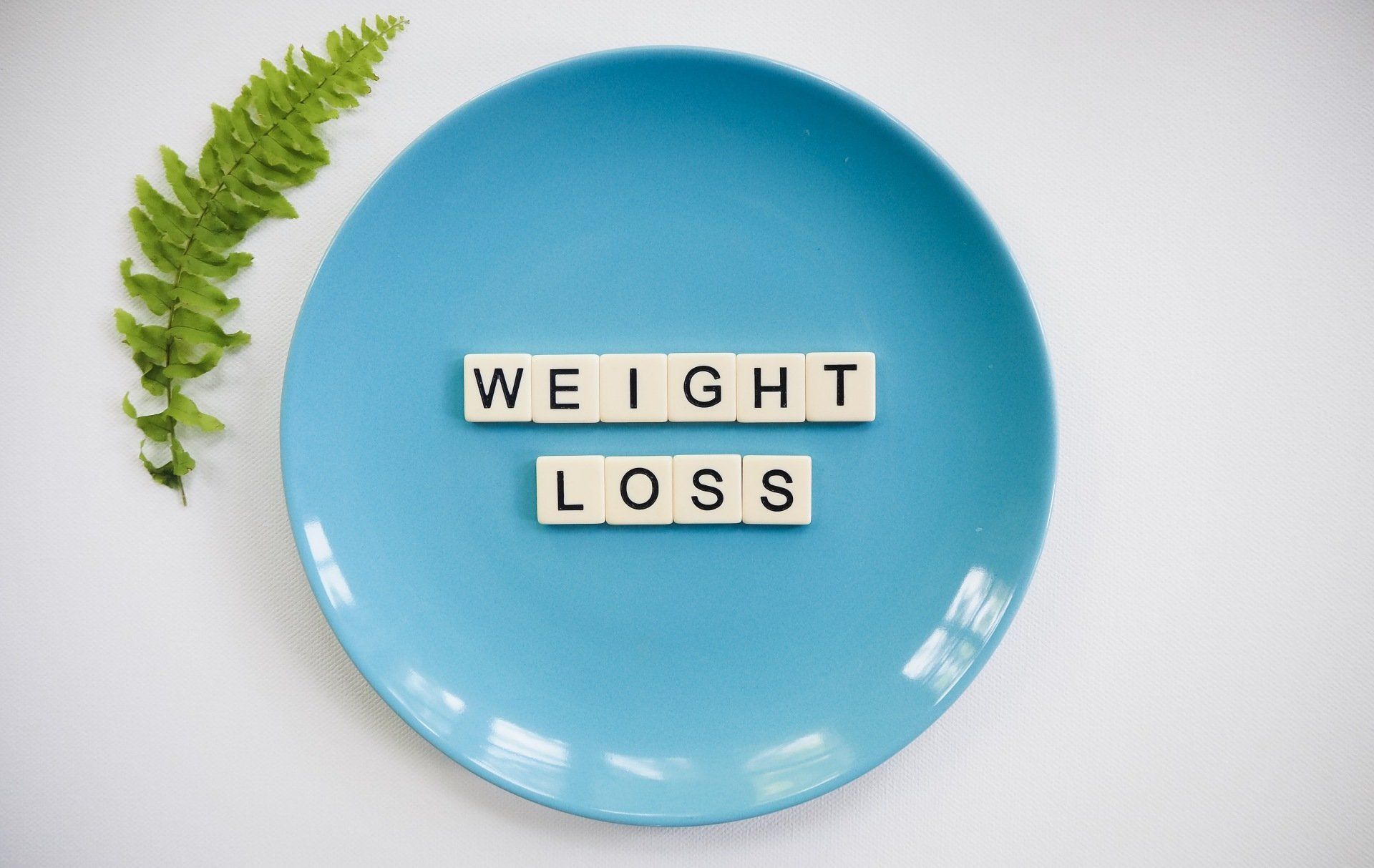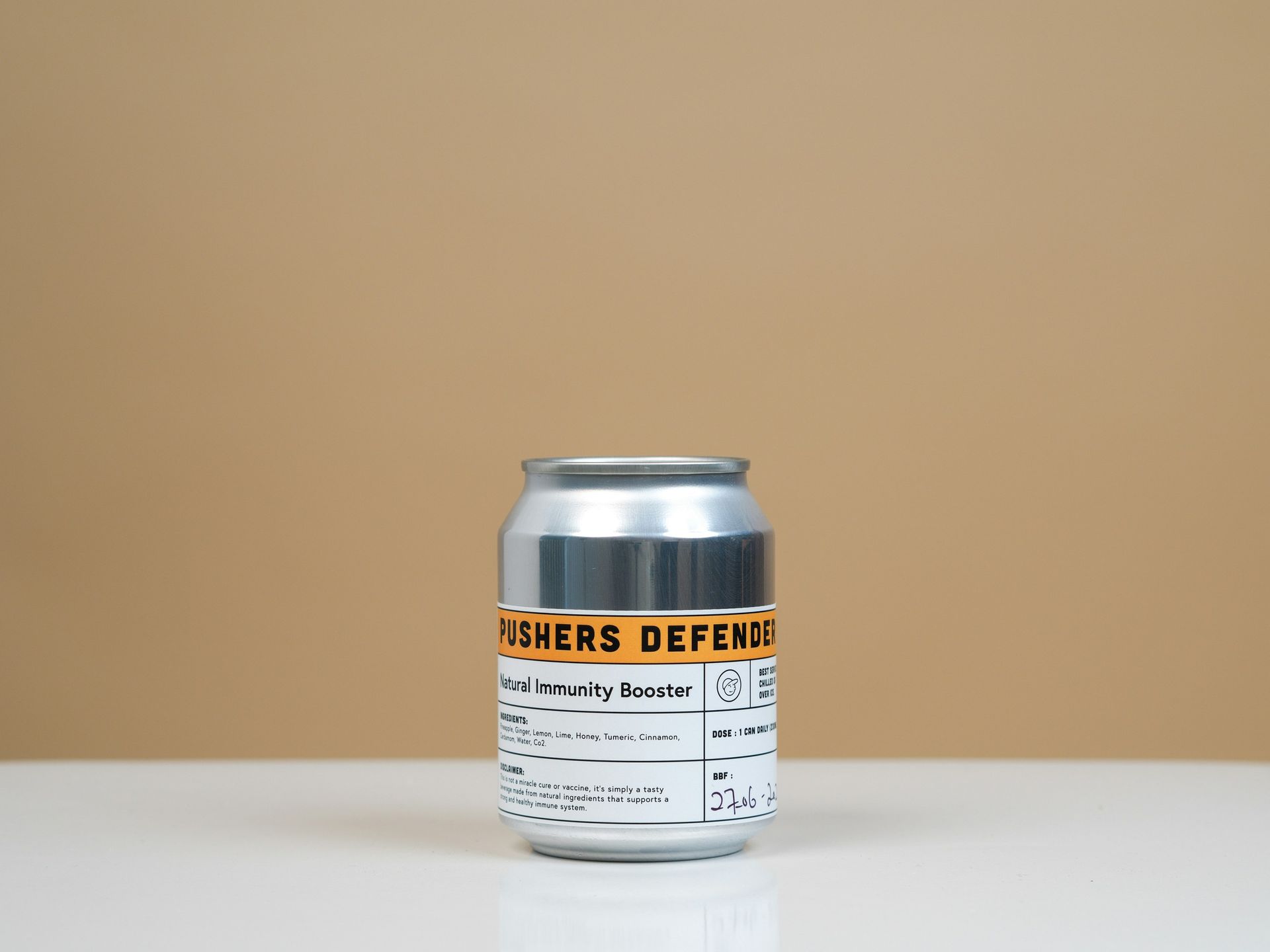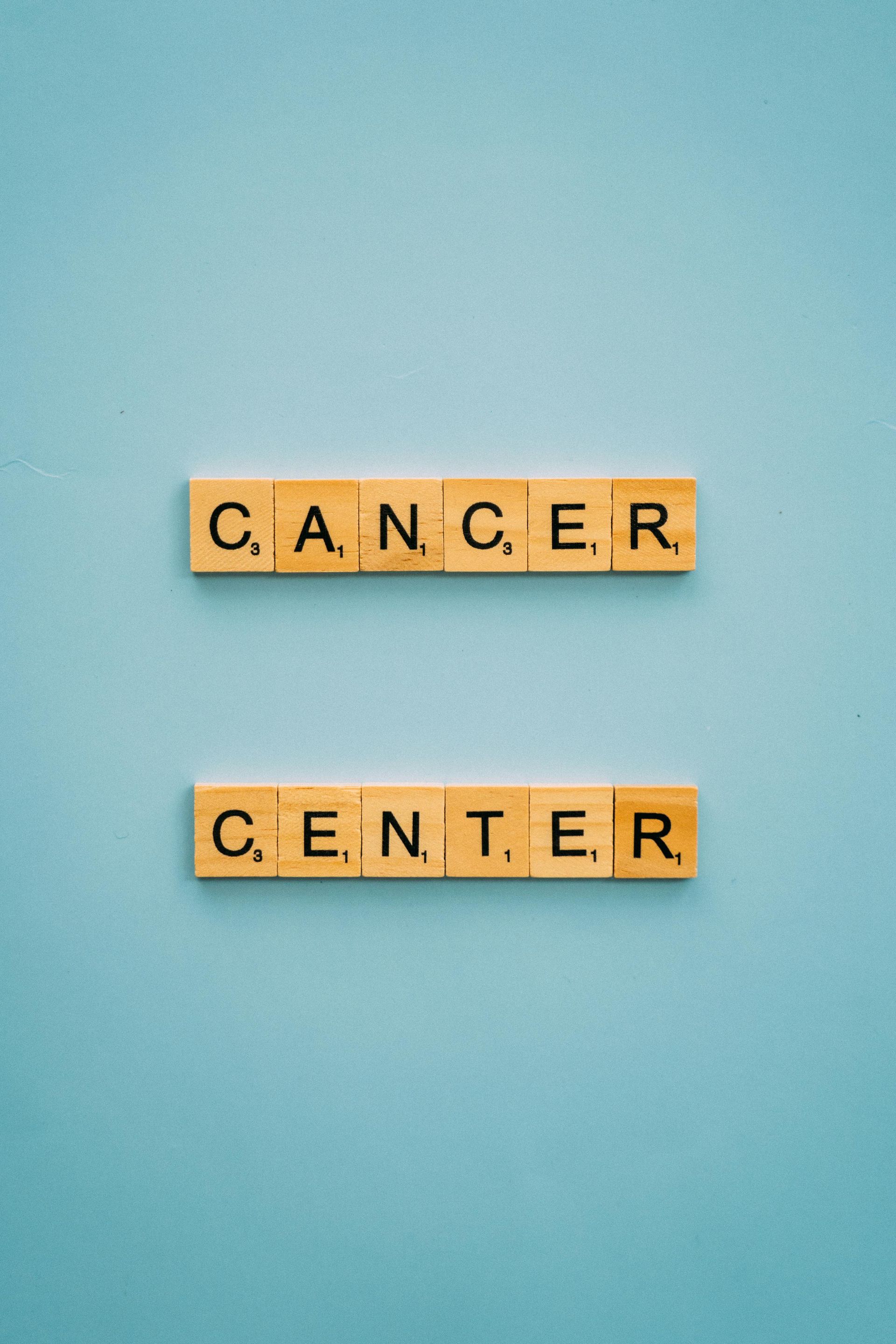The layman’s version: Veterans Ketogenic Diet trial 2016
Dear Dr. Tan,
I found your abstract , but can you please send me a link to a layman's version that I can understand? Thanks in advance.
Canadian follower
Results of the ketogenic diet in cancer trial
http://nutritionandmetabolism.biomedcentral.com/articles/10.1186/s12986-016-0113-y
Abstract- Veteran Affairs ketogenic diet trial
Goals :
To see whether veteran cancer patients can tolerate the low carbohydrate/Atkins/modified ketogenic diet .
To observe how much weight loss will happen as a result of this ketogenic diet trial and whether this weight loss is healthy or dangerous for cancer patients.
To see whether cholesterol and blood glucose levels will be affected by the diet.
To examine the emotional health of cancer patients while on the modified Atkins/ketogenic diet.
To examine whether the energy levels of cancer patients increase or decrease while on the modified Atkins/ketogenic diet.
How long will it take to develop ketosis while on the diet?
To observe the tolerance of elderly cancer patients while on the modified Atkins/ketogenic diet. There was no age limit other than having a minimum age of 18.
Background :
Both cancer cells and normal cells have the ability to use glucose , starch and sugar for growth and energy. Cancer cells however are quite primitive and lack the sophistication to fully use fats and proteins. Within the cancer cell, there is an important portion of it that we call the "mitochondria", in other words, it functions as the battery pack/energy supplier of the cell. Cancerous "mitochondria" develop internal defects making them unable to produce as much energy as a normal cell. When we fast or starve, the body can survive for many days and stay alive because our normal cells will start to use our stored fats and muscle protein to survive. Normal cells can use this energy from the hidden stores within our muscles and fat until we can find food again. On the other hand, cancer cells, are too simple in structure and too primitive to extract energy from the fat and protein, therefore will starve. They also have a defective "mitochondria" within their cells so they naturally will not have enough energy to power themselves in times of stress or starvation. The ketogenic diet is specially formulated to imitate the effects of starvation or fasting. When we use this diet, we are in effect trying to stress our bodies and starve the tumor. When we fast, the body also produces energy packed substances called "ketones". Cancer cells cannot use these ketones for food while normal cells can. Aside from supplying energy, these ketones have another additional advantage. They can be directly toxic to cancer cells and stop tumor signaling proteins found in the blood to slow down the growth of cancer.
Methods:
We recruited patients from the Pittsburgh VA Medical Center. All of the qualified candidates must have a diagnosis of advanced solid cancer and other wise be in good physical shape. They enrolled in this veterans ketogenic diet trial and were taught to limit their starch, sugar and sweets intake to a total of 20 grams of less a day. That's probably the equivalent of a half of a bagel! Their blood cholesterol levels , kidney and liver tests were monitored closely while they were on the diet. Blood pressure and weights were closely recorded. Full body scans were done at the beginning of the trial and repeated approximately every 2 months. We gave them a questionnaire /survey during their visits and asked them to comment on their symptoms. There were questions on whether they had worsening or improvement of fatigue, poor appetite, breathing problems, financial problems, mood disorders , constipation, diarrhea, or sleep disturbances. To each of these questions they had to give a score. Their weight and blood pressure, heart rates and breathing rates were also recorded at each visit. We wanted to see if their quality of life remained stable while on the diet. In addition, we also drew blood at every visit , to monitor their ketone levels. You will recall that ketones are produced by the body as a defense mechanism when food is lacking. We also measured the ketones in their blood as a way to ensure that they were following the diet correctly. We used statistical tests to analyze the collected data in order to measure the effectiveness and safety of the diet.
The Menu:
Sweets, starchy food and fruits were not allowed. Soda was banned and so was wine. Hard liquor however was allowed but in small amounts. Coffee and tea were allowed , and so was unflavored soda and low calorie drinks. Water intake was encouraged because the diet made one urinate often and may put one at danger of dehydration. Full fats like butter, coconut oil and ghee, full cream dairy , eggs, meat, fish and green vegetables were encouraged. Non fat dairy (milk or low fat yogurt) had a lot of hidden carbohydrates to make up for the loss of fat, therefore these were prohibited. Patients were encouraged to snack only if hungry but we suggested they replace high carbohydrate foods with green vegetables, nuts and cheese or meat jerky. Multivitamin supplements were also added. Artificial sweeteners were used often as long as there were not sugar alcohols. You will recognize sugar alcohols because they end in "ol", like sorbitol, xylitol, etc.
Results:
Many prospective candidates applied for this ketogenic diet trial. Many were not veterans and were therefore immediately disqualified. Out of approximately 300 candidates, 17 male Caucasian veterans were accepted and qualified to join the trial. All of them had advanced stages of their solid cancers. Most had 2 or more treatments in the past which failed to control their tumors. They all had about 6 months or less to live because of the advanced stage of their disease. All of them were in good physical shape other than their cancers. When they began the diet, they were not allowed to have chemotherapy. Most of the patients were in their mid 60s but some were in their early forties and a few were in their late 80s. There was one patient with prostate cancer, another had cancer of the liver and one had cancer of the bile ducts. Two had brain cancer, one patient had colon cancer , two had cancers of the head and neck, and two had pancreatic cancer. There was one patient with kidney and another had thyroid cancer. Three had melanoma, two had lung cancer. One of them had diabetes which was poorly controlled. When he started the diet, he found that his blood sugars went down and he no longer needed his insulin. The diet made them all lose at least 10% of their weight. Some veterans lost as much as 25% of their starting weight. Their blood tests however remained stable and the average cholesterol levels did not rise. They did not have any worsening of their symptoms. A few of the patients reported some improvement in their breathing while others reported a slight improvement of their nausea and vomiting. The scores showed that the quality of life did not change and in some instances did improve with the diet. Dieting did not make their blood sugars drop, nor did they go up.
When the PET/CT scans were performed, they showed that some patients had worsening of their cancers despite the diet and therefore had to quit before 8 weeks were up. Some patients felt well and their tumors did not grow therefore they continued to diet until 16 weeks. Overall, half of the patients had no growth in their tumors after 4 weeks. After 8 weeks, slightly less than half ( 45%) of the patients had no tumor growth, and after 16 weeks, about one third of the total number of patients still had good control of their tumors. The rest had worsening tumors or they decided that the diet was too difficult to follow therefore they quit. Some patients signed the consent but were not able to start the diet because their tumors grew too quickly. One patient had a brain tumor that did not light up on a PET scan, and was disqualified because his tumor was not actively seeking glucose. Only four patients were able to continue the diet for more than 16 weeks. All of these four patients underwent PET scans which showed that their tumors remained unchanged or became smaller at 16 weeks. Three of them had melanoma, a deadly form of skin cancer. The fourth patient had stage 4 lung cancer. This lung cancer patient however, decided to return to a regular diet and died after 40 weeks. The other three with melanoma continued to stay on this diet and lived almost two years or more. The 88 year old's melanoma eventually spread to his brain but he continued on the diet nevertheless and stayed active until he died at 80 weeks , The 62 year old also had his melanoma spread to the brain but he did try some chemotherapy and radiation after that and survived a total of 116 weeks while on the diet. The 42 year old had some tumor remaining in his left arm and had it surgically removed. He then went on the diet for two more years and stopped. He is now on a low carbohydrate but no longer a strict ketogenic diet. He currently has no tumor visible at his 131 week PET/CT scans and remains alive and well at 138 weeks.
Discussion and Conclusions- Veterans ketogenic diet trial:
This ketogenic diet trial was not easy to perform. It requires planning, motivation and perseverance. A family member could be very helpful in menu planning and can keep one motivated. Out of 17 patients, only 3 did very well. Dropout rates were high. The diet appears safe even when one has lost weight. As long as one feels well and energetic, the weight loss becomes less of an issue. It appears that cancer patients who had high levels of ketones in their blood but did not lose much weight, lived a shorter time than those who did lose a lot of weight but had only mediocre ketone levels. Why was this the case? Before we began this trial we predicted that high ketone levels would be better than low. It could have been because the timing of the blood tests were not always uniform, or the patient may have eaten something shortly before the test, the results were therefore affected.
There is a formula that we use to calculate for the target levels of blood glucose and blood ketones. According to this formula (GKI Glucose ketone index), when someone diets, the blood glucose goes down, while the blood ketones rise to compensate for the loss of energy /loss of glucose. This ratio divides the glucose by the ketone values with the target number as 1.0 or something around that range. Only a few of our trial patients achieved this target number. Was it the weight loss that made the difference in the superior survival of the three patients in this trial? It appears to be so. Was the presence of tumor promoting hormones that lurk in the body's fat deposits, causing cancer to fail treatment? Possibly. Some scientists speculate that a stricter form of this diet, the ketogenic diet instead of the modified Atkins diet, could possibly produce better results in the future. The ketogenic diet has a larger proportion of fats compared to the Atkins diet. We chose the Atkins diet because we felt it would be an easier diet to perform.
This veterans ketogenic diet trial was a short one and we can't make any conclusions about it being a cancer cure, but it appears that for the time being a low carbohydrate ketogenic diet is safe for cancer patients and may possibly help make chemotherapy treatment better tolerated and maybe even more effective. More studies are desperately needed.






